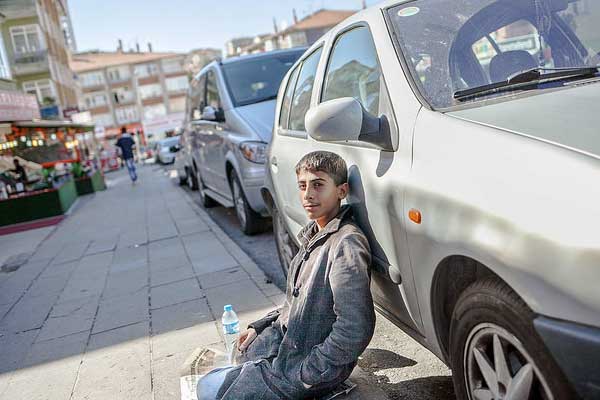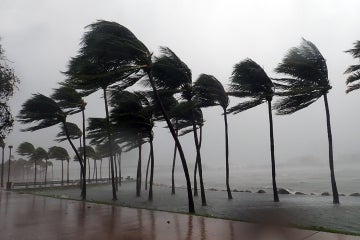
The increasing desperation of refugees in Turkey
Published: November 16, 2015
Images of Syrian refugees trudging wearily along roads or clinging precariously as their boats are buffeted by the waves are all too familiar to people in Europe and North America.
But the thousands of refugees trying to get to Europe are just some of the millions who have been displaced in the Middle East and elsewhere in recent years.
Turkey alone is home to more than two million refugees, many of whom have been languishing there for decades, says U of T student Alizee Zapparoli-Manzoni-Bodson. And they’re not just from Syria – Turkey is overwhelmed by asylum-seekers from Iraq, Iran, Afghanistan and Somalia as well, she says.
Zapparoli-Manzoni-Bodson first went to Turkey to study Iranian asylum-seekers as a diaspora and transnational studies undergraduate student in 2013. Now a student in the one-year collaborative program in diaspora and transnational studies and Near and Middle Eastern civilizations (and with her eye on the doctoral program), Zapparoli-Manzoni-Bodson has gone back to Turkey every year since then and will return next April to continue her research.
She talked to a variety of refugees, including political activists, LGBT, Christians, Baha’is and Azeris.
“Currently, Iranian asylum-seekers are limited to temporary stay in Turkey while they apply for refugee status abroad, creating a protracted state of limbo, sometimes lasting up to three years. During this time they are unable to work, or pursue education. With limited rights and financial difficulties this period of transit is extremely difficult,” she says.
Since her initial studies, she’s expanded her focus to include Syrian and Palestinian refugees. The latter are the most concern for her. “They’re refugees twice-over,” she says. “First from Palestine, and then from Syria.”
There’s a common misperception in the west that most refugees in Turkey are in camps, Zapparoli-Manzoni-Bodson says. In fact, the vast majority live in Turkey’s major cities, such as Istanbul, Ankara and Izmir.
She says the situation is getting desperate. “These refugees survive however they can, often through precarious, illegal employment as tailors, waiters, labourers or even sex workers. With difficulties accessing the labour market and schools, many find themselves stuck in limbo. With two million people and mostly in urban centres, resources are depleting and tensions rising.”
Read more about the refugee crisis
However, there are some hopeful signs, Zapparoli-Manzoni-Bodson says. Some adult refugees have managed to secure decent employment, and children seem to be coping well. “In my experience children seem to be most resilient. There are some great programs for children like theatre workshops and arts and crafts classes.”
She’s worried most about young adults though. “They feel that years of their lives have been taken away from them. Young adults, whom are often alone and vulnerable to labour exploitation, may feel that there is no future for them in Turkey. Moreover, it is difficult to cope with the psychological trauma of their time in Syria when they aren't able to move on with their lives and pursue education and careers.”
Besides researching refugees, Zapparoli-Manzoni-Bodson is also the Student Affairs Officer for the Canadian Association for Refugee and Forced Migration Studies. In that position, she liaises with student groups, organizes conference and raises awareness. “We need more research to raise awareness of the refugee situation.”
She plans to put her research to practical use.
“At the completion of my doctoral studies, I'd like to work in policy reform. More specifically, I'd like to reform Canadian resettlement practices for vulnerable groups,” says Zapparoli-Manzoni-Bodson. “My goal is to implement policies that protect the dignity and human rights of refugees.”



